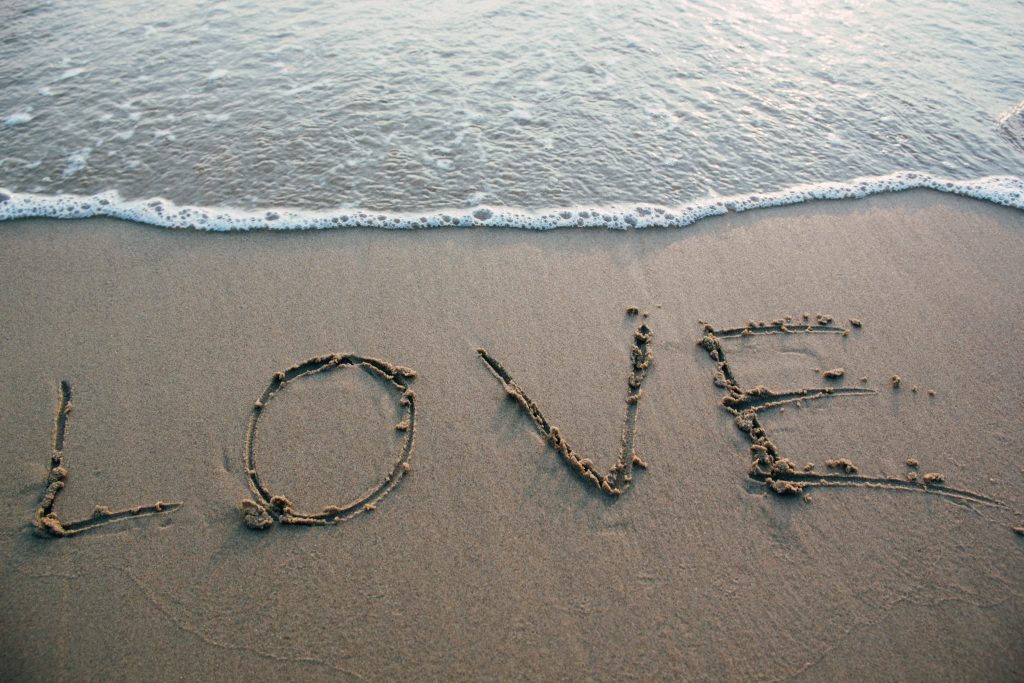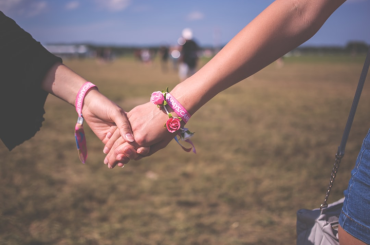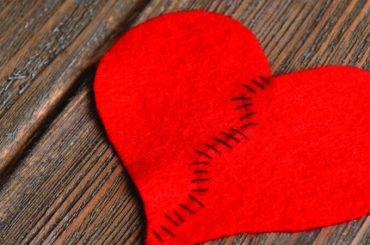We celebrate Valentine’s Day through a proliferation of chocolates, flowers, greeting cards, and other expressions of love and affection. Sometimes choosing how to show affection to your Valentine can seem a little overwhelming, since there are so many ways to go about it. But if you or a loved one are in recovery, there’s something very easy you can give them today – a hug.
Hugging is one big part of the recovery process. If you’ve ever been to an AA or NA meeting, you’ve probably had the chance to hug or receive hugs from other attendees. And while you’re never obligated to participate in this practice if it makes you uncomfortable, there’s science behind the power of a simple hug.
Science of the Hug
A study published in PlosOne in 2018 found that people who received hugs were less affected by conflict exposure – or interpersonal conflict – than people who hadn’t received hugs. Hugging reduces the “fight or flight” response that we feel when we’re in a stressful situation, even if that situation is something difficult emotionally, rather than imminent physical danger.
Michael Murphy, Ph.D, one of the study’s lead authors and a post-doctoral research assistant in the Department of Psychology at Carnegie Mellon University, told NBC News that this effect occurs because touch helps calm the part of the brain which reacts to threats.
“Feeling safer and cared for, in turn, can make us less sensitive to physical pain and less reactive when faced with potentially threatening experiences, especially socially threatening experiences,” he said.
Theorists also believe that interpersonal touch (i.e. a hug) can produce or modulate oxytocin in our brains – also called the “love hormone.” It also stimulates a neuron system in the brain that produces soothing chemicals. Receiving both of these influxes makes us feel safer and well-cared for. This, in turn, lowers our stress levels and can boost our overall health. Stress-free health is a critical part of recovery, which is a stressful time for everyone involved – whether you’re undergoing the process, or someone you know and care about is.
What Now for Your Hugs?
This doesn’t mean that you have to hug everyone you meet. Or that you should participate in hugging during or outside of recovery meetings if it makes you uncomfortable. However, if there’s someone in your life who you’re comfortable hugging, go ahead and give them a squeeze this Valentine’s Day – it’s good for both of you.
And if you haven’t, sign up for In The Rooms for free today, and let us show you how we can best serve your recovery.
Photo by Porapak Apichodilok from Pexels







